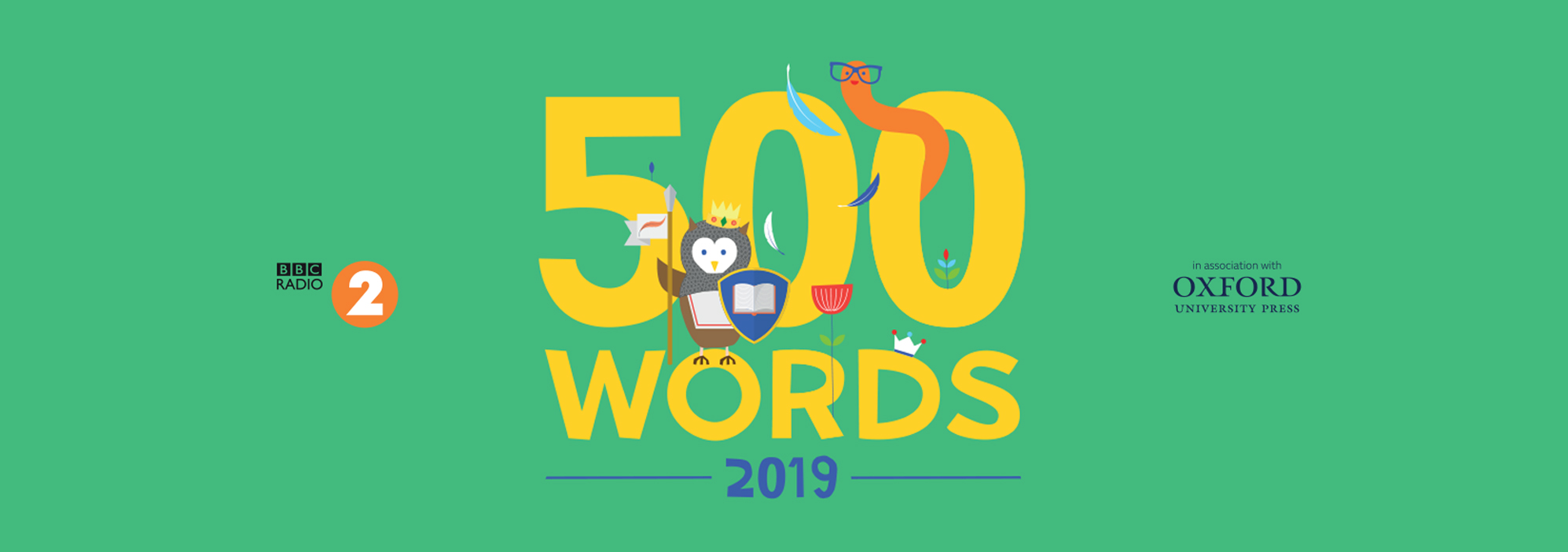Every year thousands of young people from across the UK pick up their pens to enter BBC Radio 2’s 500 Words competition. As part of ongoing language and lexical research, the Oxford Children’s Dictionaries & Children’s Language Data team at Oxford University Press has analysed almost 113,000 short stories submitted to the competition for the eighth year running, and has announced the 2019 Children’s Word of the Year as ‘Brexit‘.
Why Brexit?
Brexit was identified as our Children’s Word of the Year not only because of its significant increase in use (a total rise of 464% since 2018) but also because of the political and social awareness that children demonstrated in their stories and the variety of contexts in which it was mentioned by entrants.
In 2018, the term was mainly mentioned in the context of an item on the news or as a boring topic of conversation, but in 2019 this was extended to demonstrate awareness of political and social upheaval, and children were inspired to proactively swoop in and write about finding imaginative solutions to Brexit.
Helen Freeman, Director of Children’s Language Data at Oxford University Press, says: “Brexit is, unsurprisingly, a huge theme in the stories this year. What is an extremely complex and difficult issue for some of the finest political minds has inspired children’s creativity and inventiveness in a really interesting and smart way. In 2017 and 2018 Brexit was mostly referred to as a boring subject parents talked about, and as something in the background. This year, however, it is a very different picture: Brexit is front and centre of the action, with children swooping in to help Theresa May in a proactive, empowered, and fun way. This year’s stories show an overwhelming desire among children to take action and create positive change themselves, at home, at school, and in society more generally. Agency and empowerment are massive themes.”
Zoe Ball, Radio 2 Breakfast show presenter, says: “I love how the analysis of Radio 2’s 500 Words entries is able to uncover so much fascinating information about the stories. The research shows just how aware and engaged kids are with both history and the world around them today, and how amazing that they bring these subjects to life in such inventive and entertaining ways.”
Lewis Carnie, Head of BBC Radio 2, says: “OUP’s findings are such a unique insight into the creative minds of children today, showing the many points of reference and the different themes which inspire them each year. I’d like to thank the OUP for their brilliant work analysing the language in almost 113 000 stories submitted to 500 Words this year.”
Discover more insights from this year’s BBC Radio 2 500 Words competition on the Oxford University Press website, including why the themes of environmental activism, veganism, smart speakers, sloths, heroes and villains have been so popular.
